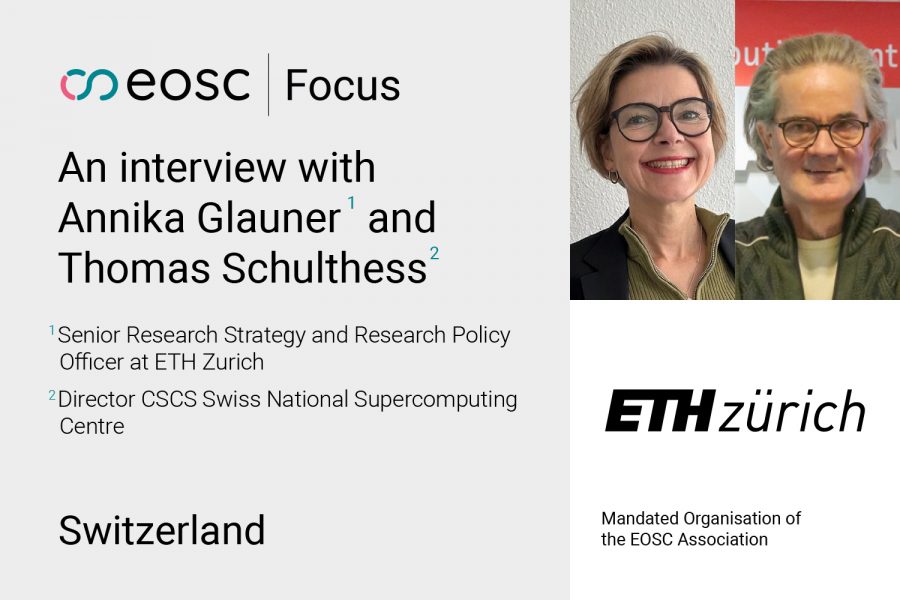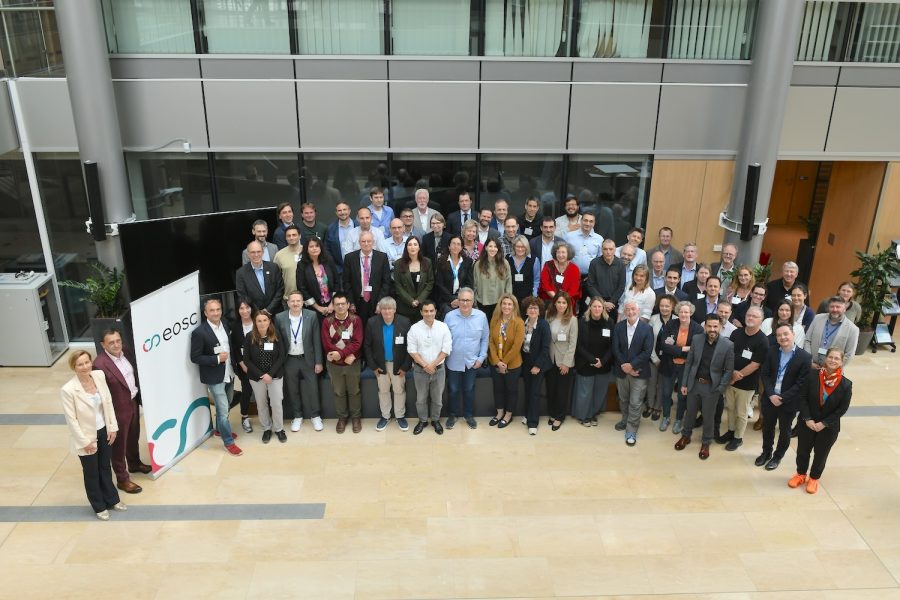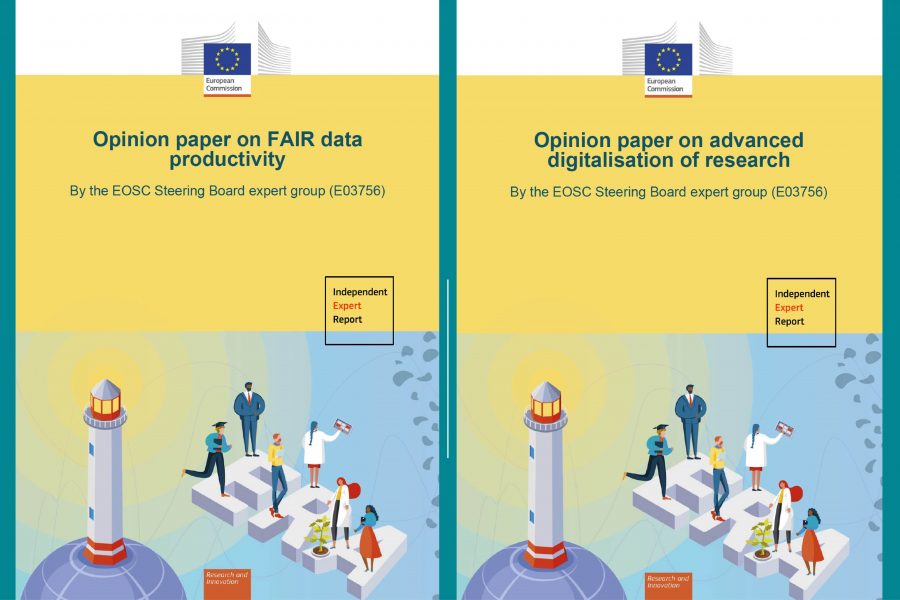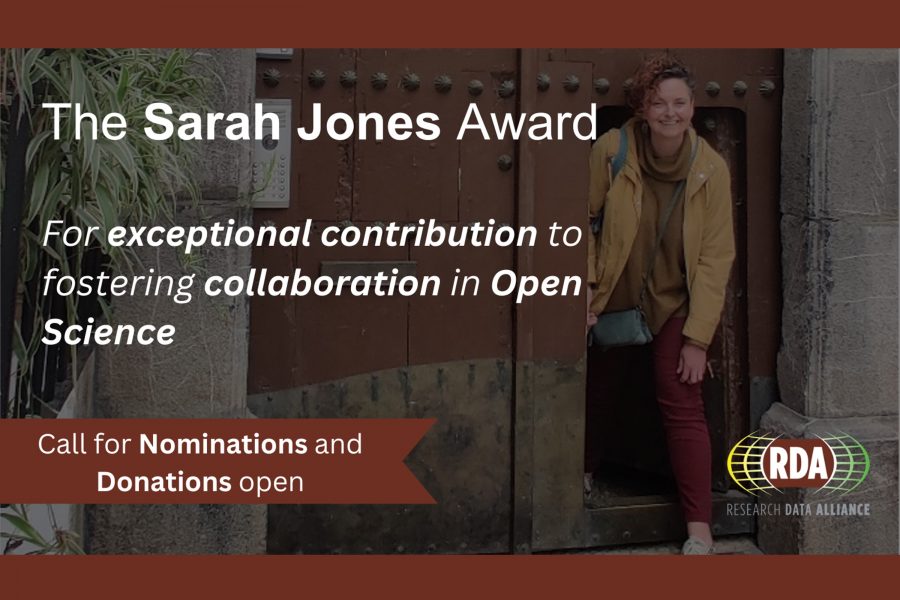STOCKHOLM—In pursuit of advancing Sweden’s commitment to the European Open Science Cloud (EOSC), key stakeholders recently converged at a national event organised by the Association of Swedish Higher Education Institutions (SUHF) and the Swedish Research Council (VR), which serves as the Swedish Mandated Organisation for the EOSC Association (EOSC-A).
Held on 12 October, the event brought together representatives from government offices, educational institutions, funders, and the Swedish National Library.
The meeting featured strategic dialogue on input regarding Open Science for the upcoming Swedish research proposition in 2024. Relevant government mandates and examples from institutions and infrastructures were represented in order to provide a comprehensive context for discussions.
Swedish National Library leads policy proposal
The Swedish National Library fills a pivotal role in shaping Sweden’s national policy for Open Science. Tasked by the government, the library has run a general consultation on its proposal, National Guidelines for Open Science, for all interested parties across Sweden. The consultation, which closed in November, garnered over 70 responses from a broad range of stakeholder groups including universities, colleges, research financiers, research groups among others (the input is available here, in Swedish).
The final policy guidelines will be reported to the Ministry of Education on 15 January 2024. The inclusive approach reflects a commitment by the National Library to shaping policies that resonate with a broad spectrum of stakeholders, fostering a collaborative and transparent foundation for Open Science in Sweden.
A holistic approach to innovation and collaboration
The focal point of the October meeting was Sweden’s engagement and ongoing contributions to the development of EOSC. Speakers included EOSC-A board member Wilhelm Widmark, director of the Stockholm University Library, as well as Jessica Lindvall, co-chair of the EOSC-A Upskilling Countries Task Force and training coordinator at the National Bioinformatics Infrastructure Sweden (NBIS), among others.
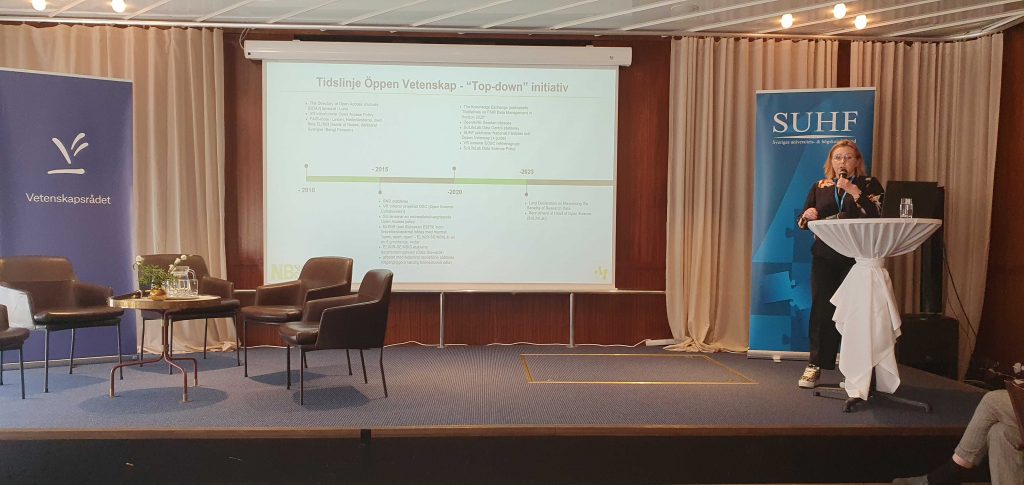
According to Lindvall, “The paradigm shift towards Open Science not only places new demands on researchers but equally challenges institutions. It requires adapting to changes by providing a new form of research support and research-supporting services, including new educational trajectories, and an upskilling of the workforce. Acquiring new skills, implementing resource-efficient organisational structures, and establishing local infrastructure, with support and access to higher capacity are essential for the correct and secure management, storage, accessibility, and preservation of research data and results.”
Throughout the discussions, participants emphasised the need for consensus and close collaborations in both larger and smaller constellations to support progress among all stakeholders. Education and resources at educational institutions, along with research infrastructures that provide lifelong learning and support to the research community, emerged as recurring themes. Clear policies applicable to all were highlighted as crucial keys to success. The necessity for a cultural shift, both top-down and bottom-up, was also underscored—a reform acknowledged to take time.


